How Touch Screens Make Us Lose Touch
Social media should come with a warning sign saying, “This is highly addictive and may take over your life”
Since social media became a part of our daily lives, there are now over 2 billion active users worldwide. Eyebrow-raising numbers show that the average individual spends about two hours on social media every day.
That is about five years and four months throughout a lifetime, according to Evan Asano, founder and CEO at Mediakix. The digital society we live in is something many of us take for granted, however, it is hard to imagine a life without it. Today, followers and likes have become the new way of connecting.
We are controlled by the mindset of getting the best selfie angle, being at the hippest food place, or looking for the best lighting to enhance our physique, just to have something to post on our social media platforms. There is a stigma behind all this, like the elephant in the room. We all know it is there, but we would rather not talk about it. At least not “IRL” (in real life).
How do we feel when a post we have spent so much time on only gets half the amount of likes we hoped for? The world might not end, but it surely hits our self-esteem, and next time, we try even harder. It is a beginning of a downward spiral of social media depression.
The reason why heavy social media usage could cause depression, might be due to “highly idealized representations of peers on social media that bring out feelings of envy and the distorted belief that others lead happier, more successful lives,” said a study by Brian A. Primack, director of the University of Pittsburgh’s Center for Research on Media, Technology and Health.
Individuals might feel they are wasting time when interacting in unimportant activities on social media. More exposure to social media could increase the risk of being cyber-bullied, which can then lead to depression.
An important part of the issue for social media depression is the constant comparison with other users. The convenience of easy access to various social media apps, interaction among people can take place anywhere and at any time, resulting in bigger social connections. However, the depth of these relationships gets stripped down, since it is mostly happening behind screens.
We hide our real emotions with emojis, abbreviations, and GIFs. When did we become so lazy that we could no longer type out “talk to you later” and something so meaningful such as “I love you,” and how often do we actually laugh out loud when we type “LOL?”
Social media platforms such as Facebook and Instagram have given us a tool to easily click on a “like” button, or double click to give a “heart.” This is the new standard of showing what we like, agree with, or feel are important. Sadly, the heart symbol has taken away the sincere heart from us.
A hundred likes can never compare to, “you are not alone,” “don’t give up,” “good job,” “do you want to talk?,” or “I’m coming over.”
Following our role models and idols has also formed a new way of using social media. We have become obsessed with promoting our “perfect” lives, but for what reason? To please strangers, or to hit a new personal record of followers and likes? The only thing we are doing, is putting more pressure on ourselves and on those who look up to us. It is a chain reaction.
There are many aspects to the negative side of the social media spectrum, such as online bullying, trolling, cat-fishing, addiction, stress, and insomnia, which all could lead to depression. It is clear that there are problems that need to be highlighted in the real world.
Looking around in a crowded subway, a family gathering, a classroom, or a restaurant – all we see is down-tilted heads lit up by screens. Is it not ironic how social media is making us anti-social? How many of you have ever felt bored going to the restroom, without having your phone? There are even memes about these situations, and of course we share that on social media as well.
Do not get me wrong, I use social media a lot. It is a good way to stay connected with family and friends, especially if they live far away. It is a good source for inspiration and to inspire. It is a way to express yourself. It is also a great outlet to reach out to a huge amount of viewers in a short amount of time.
Having that said, everything in life has to come with balance. As for me, I realized social media took way too much of my time and energy. After editing my photos, I was contemplating whether it should go on my story or if it was worth having on my feed, and it drove me nuts. I felt constrained. Based on likes, I knew what my followers wanted to see, but when I realized I was no longer true to my feelings, I had to remind myself of why I started using social media in the first place – to inspire others by being myself.
This is how society has become, and this time around, I was the one that painted a picture-perfect life. After being away from all social media for a couple of months, which felt like a year, I realized I felt so much better. When I finally took it back, I decided to be real. I reduced my followers by thousands, and made my account private. I would no longer sugarcoat my life.
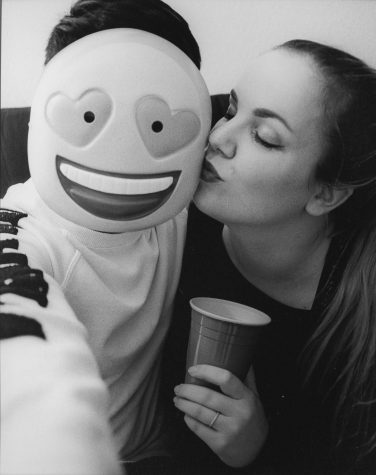
#BAE
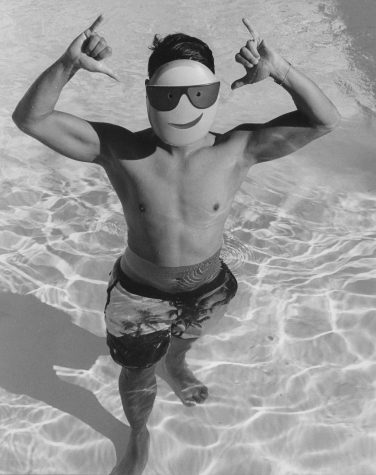
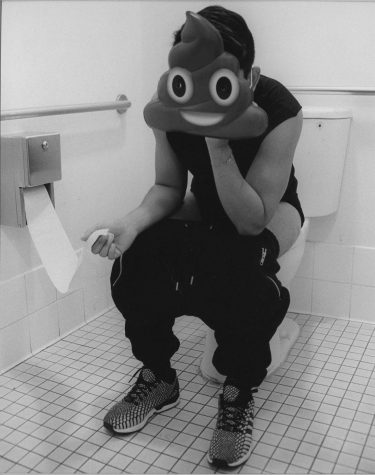
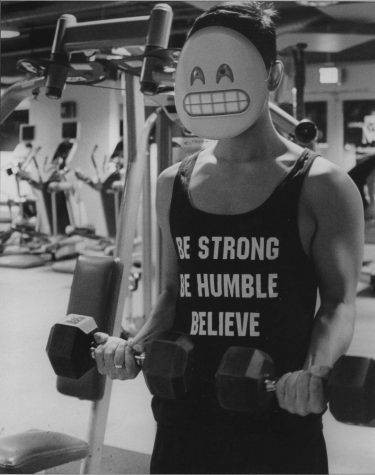
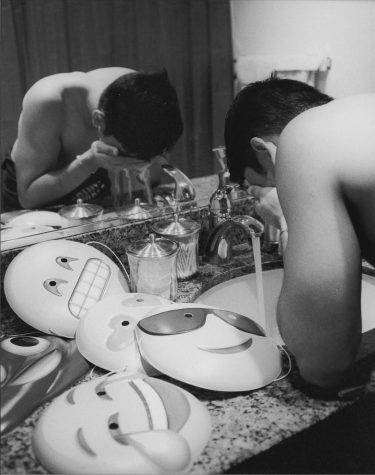
James Ojano-Simonsson can be reached at [email protected]
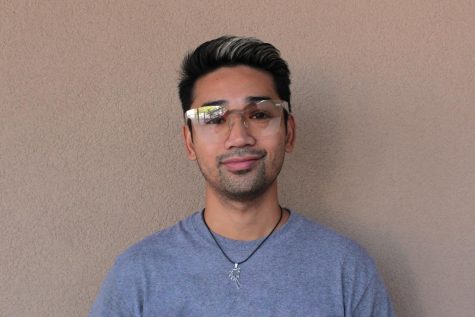
James Ojano-Simonsson is an international student from Sweden, majoring in Film and Marine Biology. He wants to highlight and document environmental issues,...
